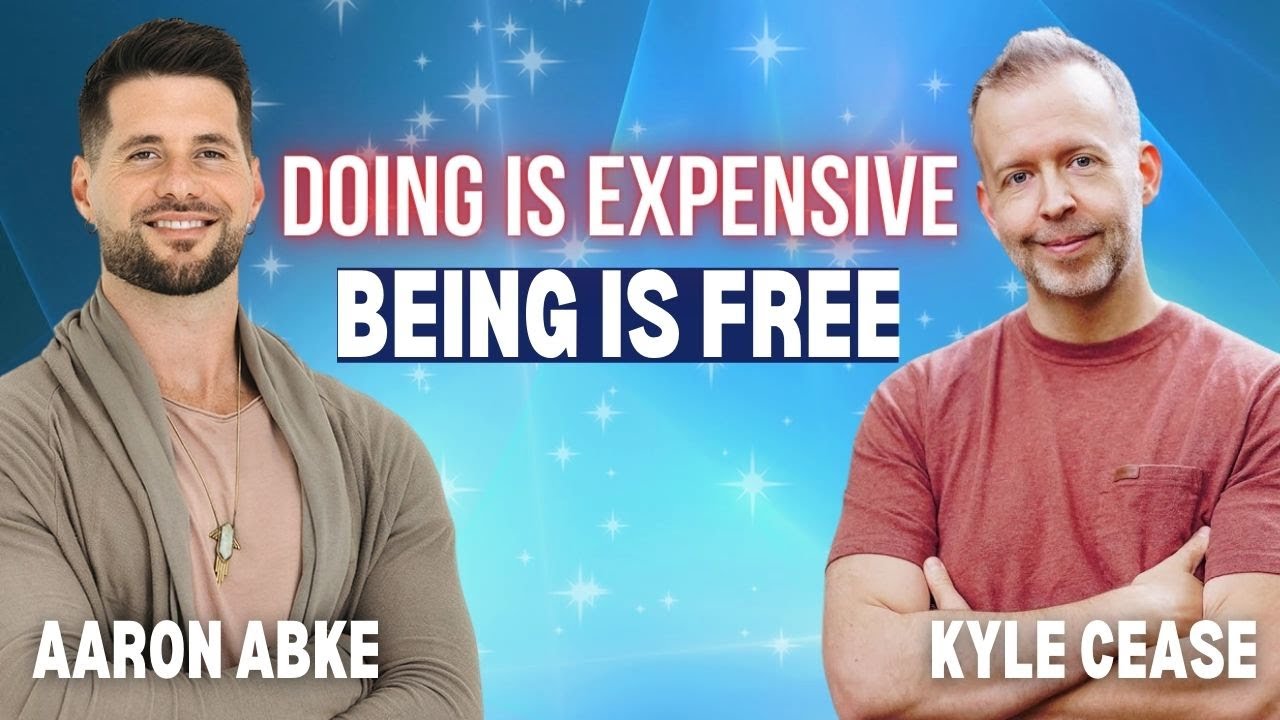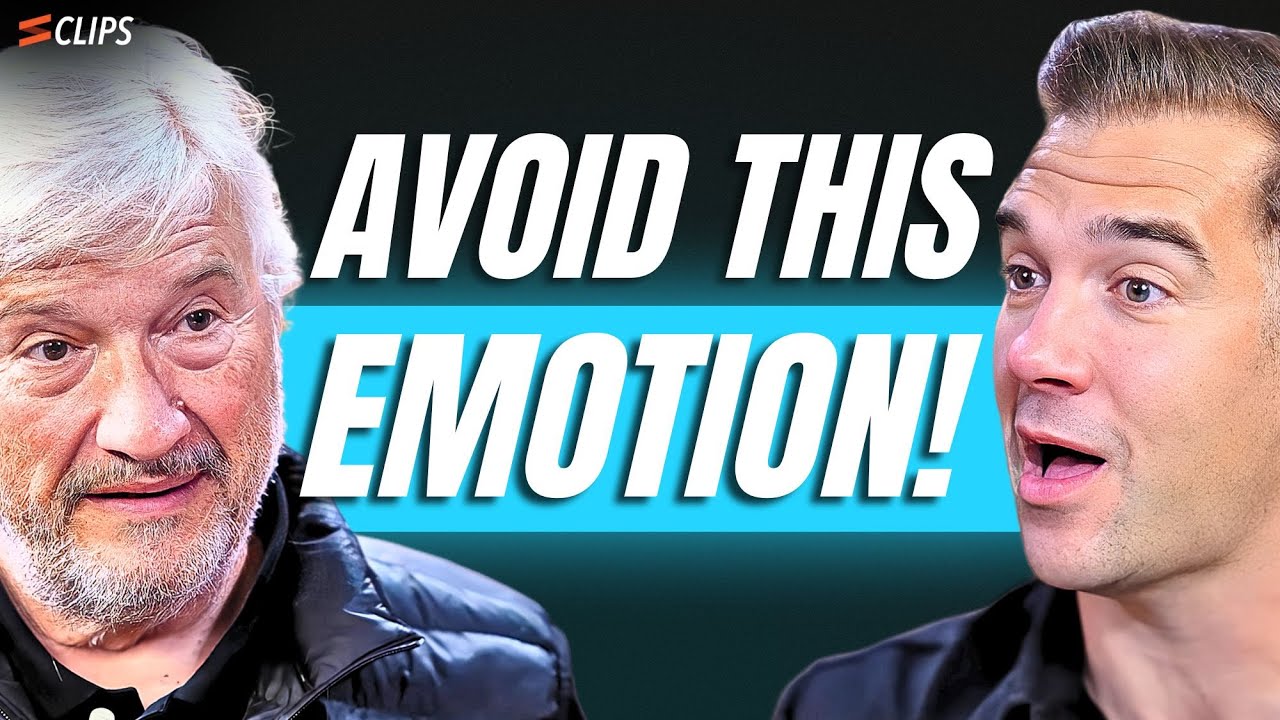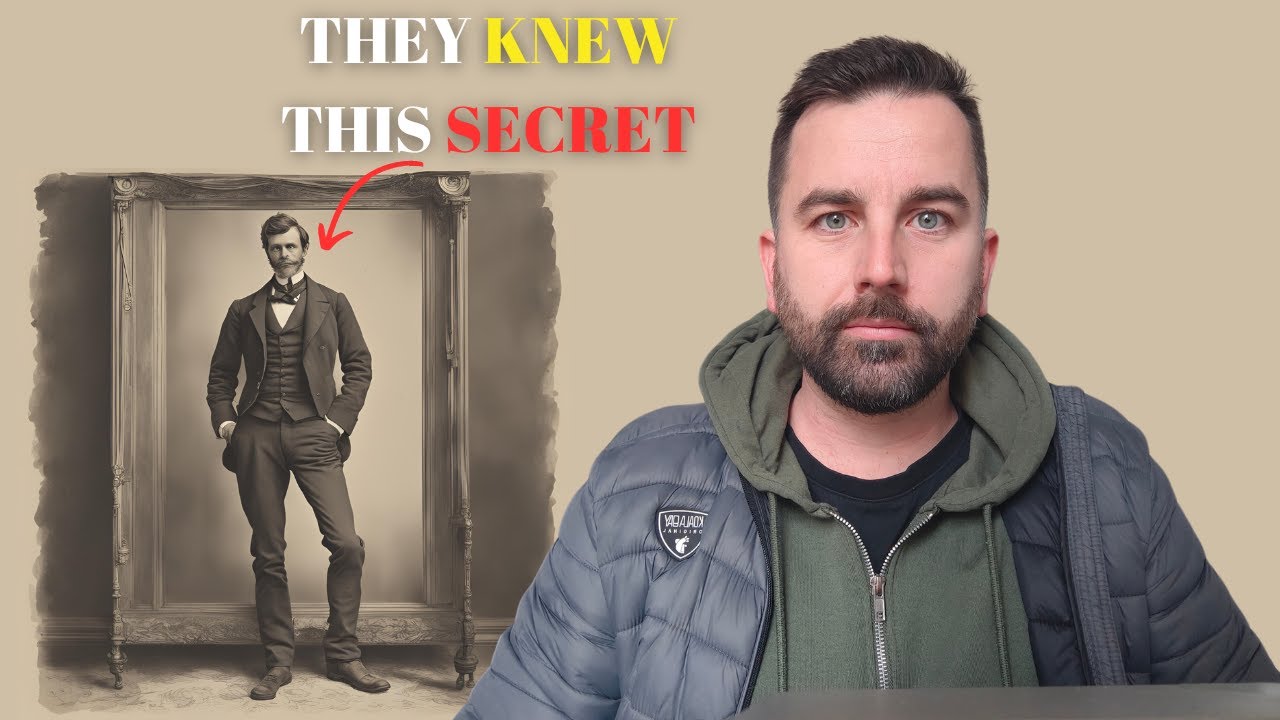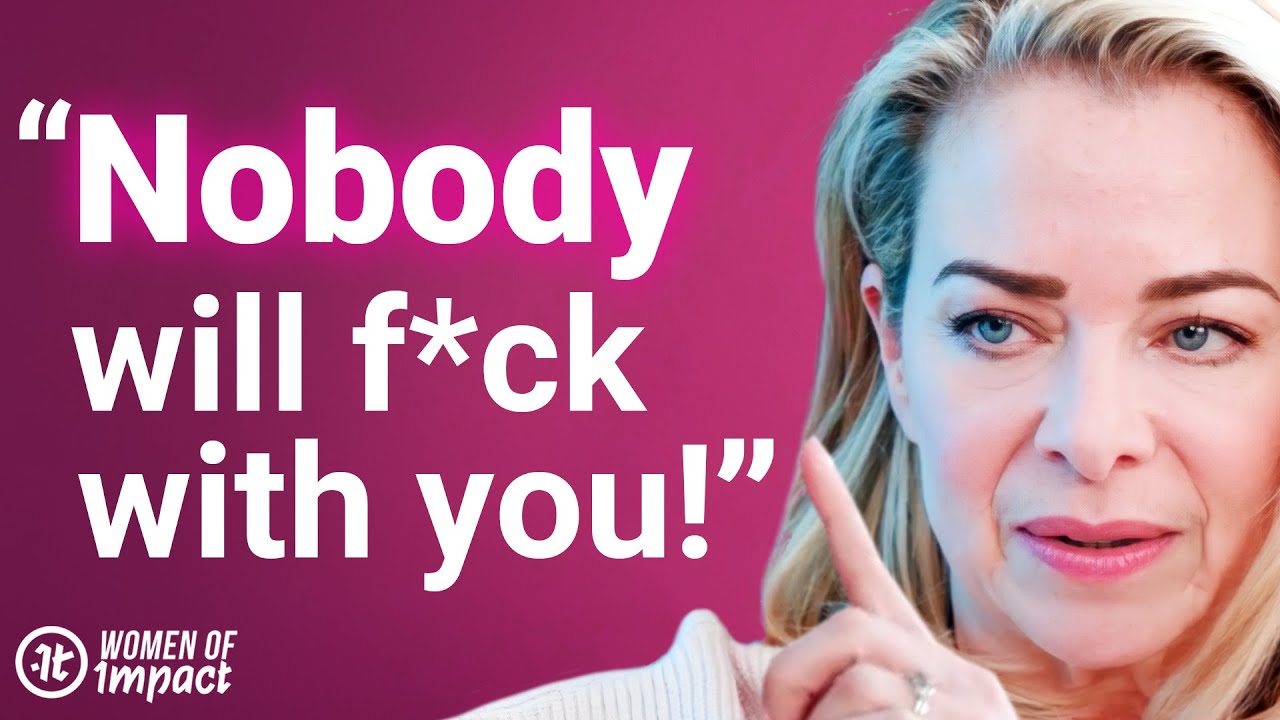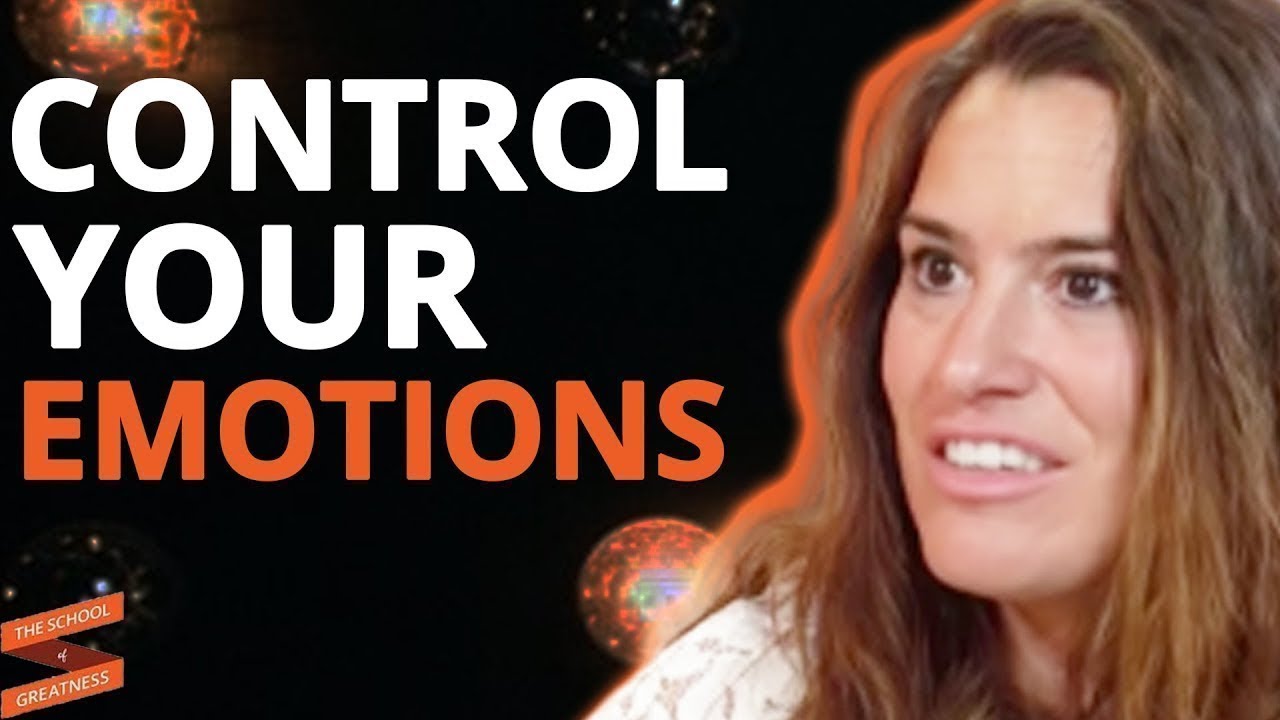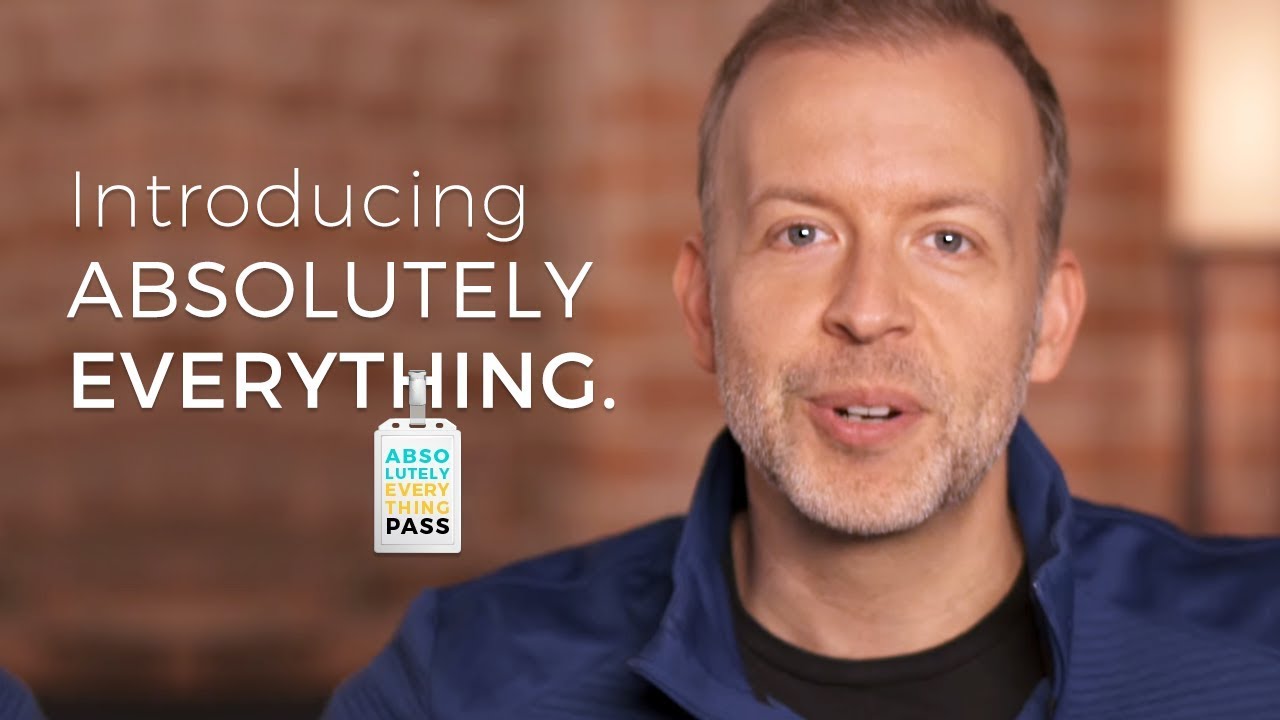Mastering Meditation: A Beginner’s Guide by Aaron from MindScience
Unlocking the Secrets of Mindfulness and Inner Peace
Quick Takeaways:
Meditation Basics // MindScience 001
Introduction to Meditation and the Series:
- The video is the first episode of a new series called “MindScience.”
- Focuses on the science of the mind, starting with meditation basics.
Understanding Meditation:
- Meditation is about being completely present and observing the mind, not silencing it.
- The goal is to become an observer of thoughts rather than being entangled in them.
Benefits of Meditation:
- Helps gain control over the mind and detach from thoughts.
- Leads to a deeper consciousness, reducing the influence of the ego and enhancing inner peace.
Common Misconceptions and Analogies:
- Meditation does not require a silent mind; even observing thoughts is meditative.
- Uses analogies like the sky and clouds, and the ocean with waves to explain thoughts and consciousness.
Practical Tips for Meditation:
- Start with short sessions (3-5 minutes) and focus on a simple meditation form.
- Concentrate on natural sounds like rain, and observe thoughts without engaging with them.
In-Depth Insights:
Understanding Meditation
What is Meditation?
Meditation, at its core, is the practice of being completely present and observing the activity of your mind. Aaron explains that it’s a common misconception that meditation requires a silent mind. In reality, meditation involves observing your thoughts without being dragged away by them. Even taking a single conscious breath can be considered a form of meditation.
Why Meditate?
Aaron highlights that meditation allows you to become the observer of your thoughts, creating a separation between you and your thoughts. This detachment helps you gain control over your mind and reduces the power of thoughts to trigger emotions and reactions. Through regular practice, you can achieve a deeper state of consciousness and inner peace.
Common Misconceptions and Analogies
Silent Mind Myth
A frequent misconception, Aaron points out, is that a silent mind is necessary for meditation. However, meditation is about observing thoughts rather than silencing them. Think of your mind as the sky and your thoughts as clouds. Just as the sky remains unchanged regardless of the clouds, your consciousness remains vast and infinite despite the presence of thoughts.
Ocean and Waves Analogy
Aaron uses another helpful analogy, comparing the mind to the ocean. Just as the ocean remains an ocean regardless of the waves, you remain consciousness even when your mind is full of thoughts. The goal of meditation is to recognize this and not be disturbed by the waves of thoughts.
Benefits of Meditation – Control Over the Mind
One of the primary benefits of meditation is gaining control over your mind. Aaron explains that most people live with the uninvestigated assumption that they are their thoughts. Meditation helps you realize that thoughts arise automatically due to personal conditioning and are not always reflective of your true self.
Inner Peace and Expanding Consciousness
By practicing meditation, Aaron teaches that you drain the thinking mind of energy, reducing the weight of thoughts and their impact on your emotions. This leads to an expanded consciousness, shifting your identity from the ego to a state of pure awareness. This shift brings true freedom and inner peace.
Practical Tips for Meditation
Starting with Short Sessions
Aaron advises beginners to start their meditation practice with short sessions of 3-5 minutes. Sit comfortably but not too comfortably to avoid falling asleep. Focus on natural sounds, like the rain, and observe your thoughts without engaging with them. This builds your concentration power over time.
Developing Concentration
Imagine your concentration as a laser. Aaron explains that initially, it might be like a weak laser pointer, but with practice, it can become as powerful as Cyclops from X-Men, cutting through the chaos of the mind. As you gain experience, your ability to maintain focus and observe thoughts without attachment will improve.
Conclusion
Meditation is a powerful tool for achieving mindfulness and inner peace. By understanding its true nature and practicing regularly, you can gain control over your mind, reduce the impact of thoughts, and expand your consciousness. Start with short sessions, focus on observing your thoughts, and gradually build your concentration. Happy meditating!


